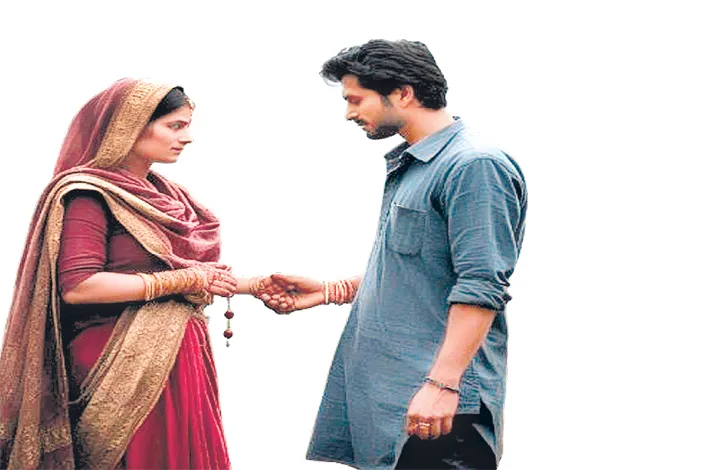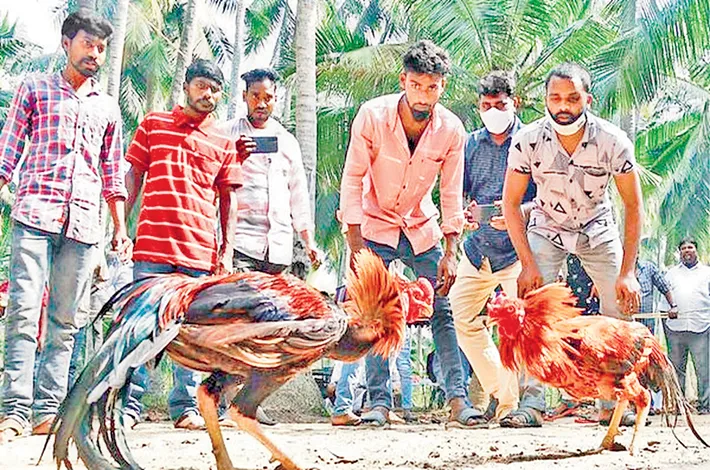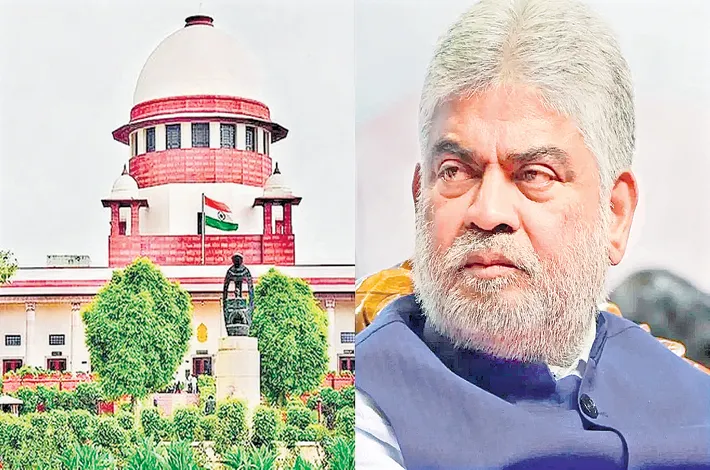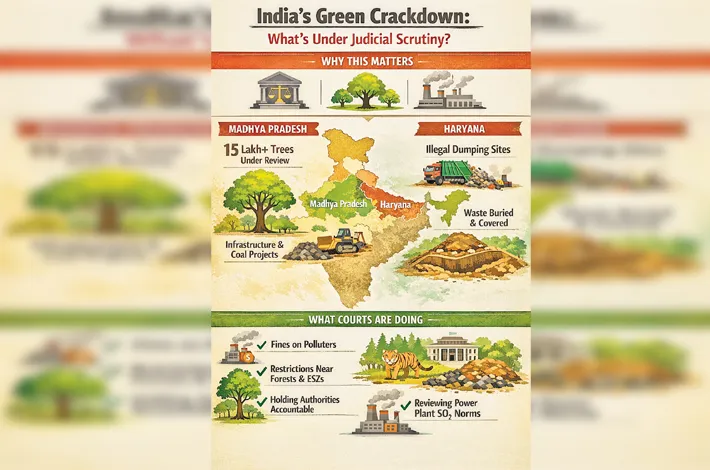The Salt of Her Silence
27-05-2025 12:00:00 AM

The village of Kasauli nestled in the lap of the Himachal hills, where mist clung to the pines like a lover's whisper. The air was heavy with the scent of wet earth and woodsmoke, and the days passed slowly, as if time itself was reluctant to leave.
In a crumbling haveli at the edge of the village lived three sisters—Radha, Shyama, and Meera—with their widowed mother, Savitri. Their lives were bound by the rhythm of survival: fetching water, tending to the goats, and stitching clothes for the townsfolk. Yet, within the walls of their home, there was a quiet ache, a longing that no one spoke of.
Radha, the eldest, carried the weight of her family’s needs. At twenty-six, her beauty was like the hills—raw, unadorned, and unnoticed by most. Her hands, calloused from work, moved with a grace that belied her burdens. Shyama, the middle sister, was fiery, her laughter a rare burst of sunlight in their somber home. Meera, the youngest, was a dreamer, her eyes always lost in the pages of old novels she borrowed from the village schoolmaster. Savitri, their mother, was a woman of few words, her face etched with lines of loss and resilience.
Into this world came Keshav, a drifter from the plains, a man with no roots but a heart full of stories. He arrived in Kasauli to repair the village’s only bridge, a task assigned by the local contractor. Keshav was not handsome in the conventional sense—his face was weathered, his eyes deep-set—but there was a quiet intensity about him, a warmth that drew people in. He rented a room in the haveli, a decision that stirred whispers among the villagers. “A stranger in Savitri’s house?” they muttered. “What will people say?”
Radha noticed Keshav first. Not in the way one notices a storm, but in the way one notices the first drop of rain—subtle, yet undeniable. He would sit by the courtyard in the evenings, carving small wooden toys for the village children, his fingers deft and sure. Radha, stitching under the dim glow of a lantern, would steal glances at him. She noticed how he listened when Meera read aloud from her books, how he laughed at Shyama’s sharp wit, how he respected Savitri’s silence. And sometimes, when their eyes met, there was a moment—a fleeting, fragile moment—where the world seemed to pause.
Keshav, too, felt the pull of Radha’s presence. She was like the salt in the food she cooked—unseen, yet essential, giving flavor to the simplest moments. He admired her strength, the way she carried her family’s burdens without complaint. But he was a wanderer, a man with no claim to permanence. To love her would be to disrupt the delicate balance of her life, to invite the village’s judgment upon her.
One monsoon evening, as rain drummed on the tin roof, Keshav found Radha alone in the kitchen, kneading dough. The air was thick with the scent of atta and the unspoken. “You work too hard, Radha,” he said softly, his voice barely rising above the rain.
She looked up, her hands stilling. “Someone has to,” she replied, her tone matter-of-fact, but her eyes betrayed a flicker of vulnerability.
He stepped closer, the space between them shrinking. “You deserve more than this,” he said, his words heavy with meaning. “You deserve to dream, like Meera. To laugh, like Shyama.”
Radha’s lips parted, but no words came. Instead, she looked away, her fingers resuming their work. “Dreams don’t fill empty stomachs,” she said, her voice barely a whisper.
The days that followed were a dance of silences and stolen glances. Keshav would leave small gifts—a carved wooden bird, a handful of wildflowers—on the kitchen ledge where Radha worked. She never acknowledged them, but she kept them, hidden in a tin box under her bed. The village, however, was not blind. Whispers grew into warnings. “He’s a nobody,” the women told Savitri. “He’ll ruin your daughter’s honor.”
Savitri, ever the guardian, confronted Keshav one evening. “You’re a guest here,” she said, her voice firm but not unkind. “Don’t give the village a reason to talk.”
Keshav nodded, his heart heavy. He knew the rules of this world, the invisible chains that bound women like Radha. He could not stay, not without costing her the respect she had fought so hard to maintain.
The bridge was nearly complete when Keshav made his decision. On his last night in Kasauli, he found Radha by the river, washing clothes in the moonlight. The water shimmered, reflecting the stars above. He stood beside her, the silence between them louder than the river’s flow.
“I’m leaving tomorrow,” he said finally.
Radha’s hands paused, the cloth dripping in her grip. “Where will you go?” she asked, her voice steady, though her heart was not.
“Wherever the road takes me,” he replied. “But I’ll carry this place with me. I’ll carry you.”
She looked at him then, her eyes glistening. “Some things are not meant to be,” she said, her voice breaking. “But they stay with you, don’t they?”
He reached for her hand, and for a moment, she let him hold it. Their fingers intertwined, a fleeting bridge between two worlds. Then she pulled away, returning to her work, her silhouette merging with the night.
The next morning, Keshav was gone. The haveli felt emptier, though nothing had changed. Radha went about her chores, her face unreadable. But when she opened her tin box that night, she found a new gift—a small wooden heart, carved with her initials. She held it close, its weight both a comfort and a wound.
Life in Kasauli moved on. The bridge stood strong, a testament to Keshav’s hands. Radha never spoke of him, but in the quiet moments, when the village slept and the stars watched, she would trace the heart’s edges, tasting the salt of her silence.








